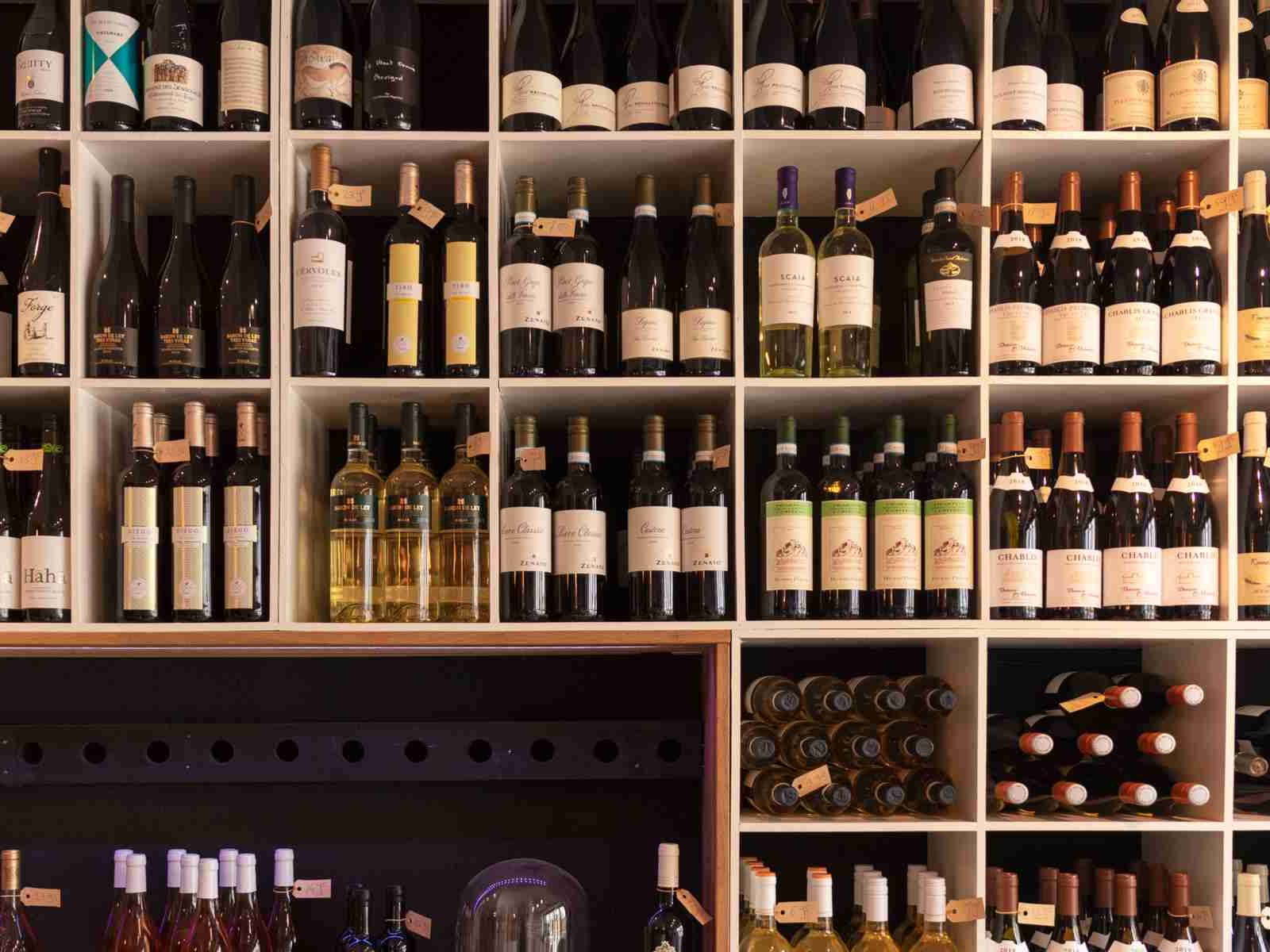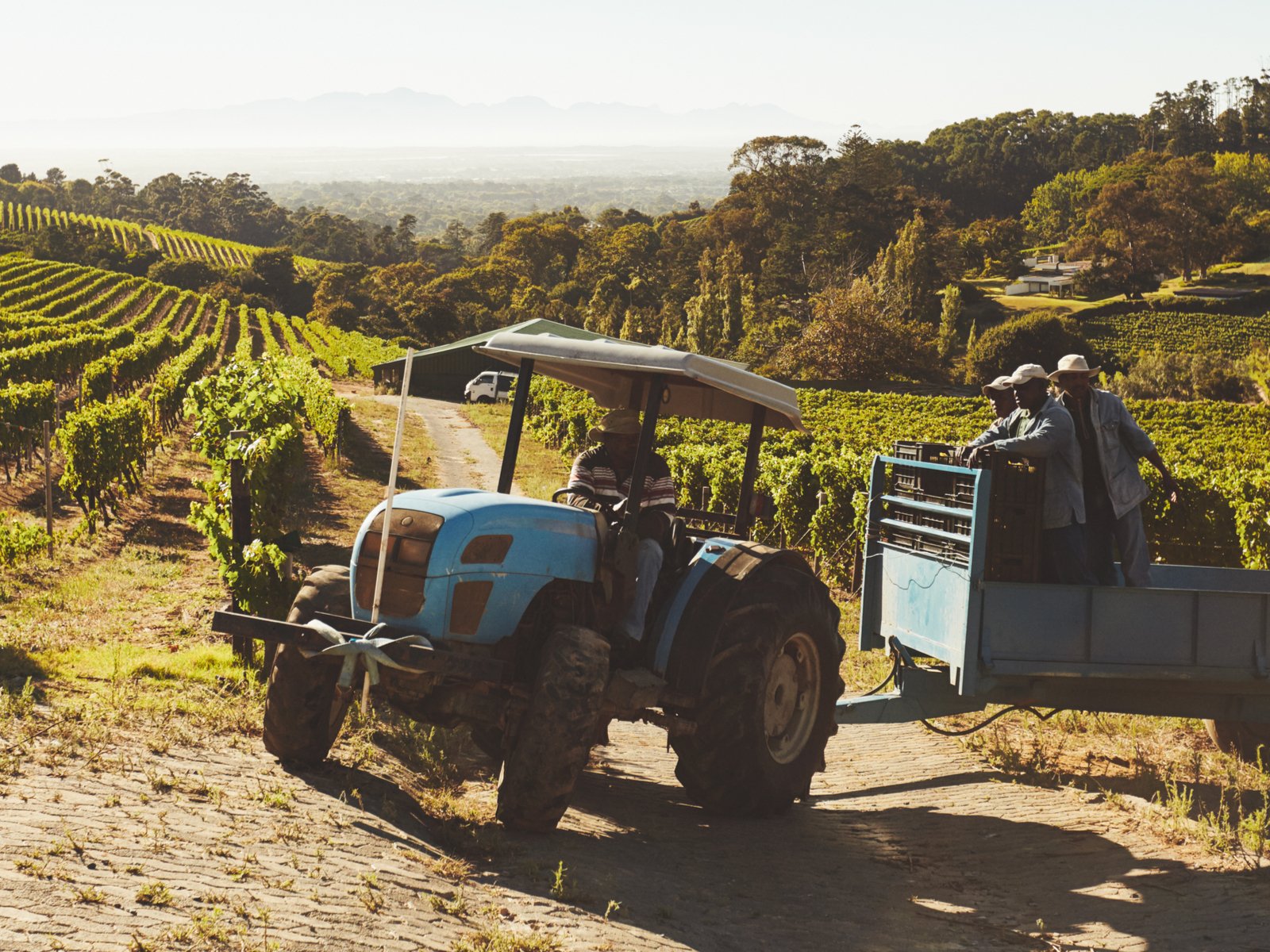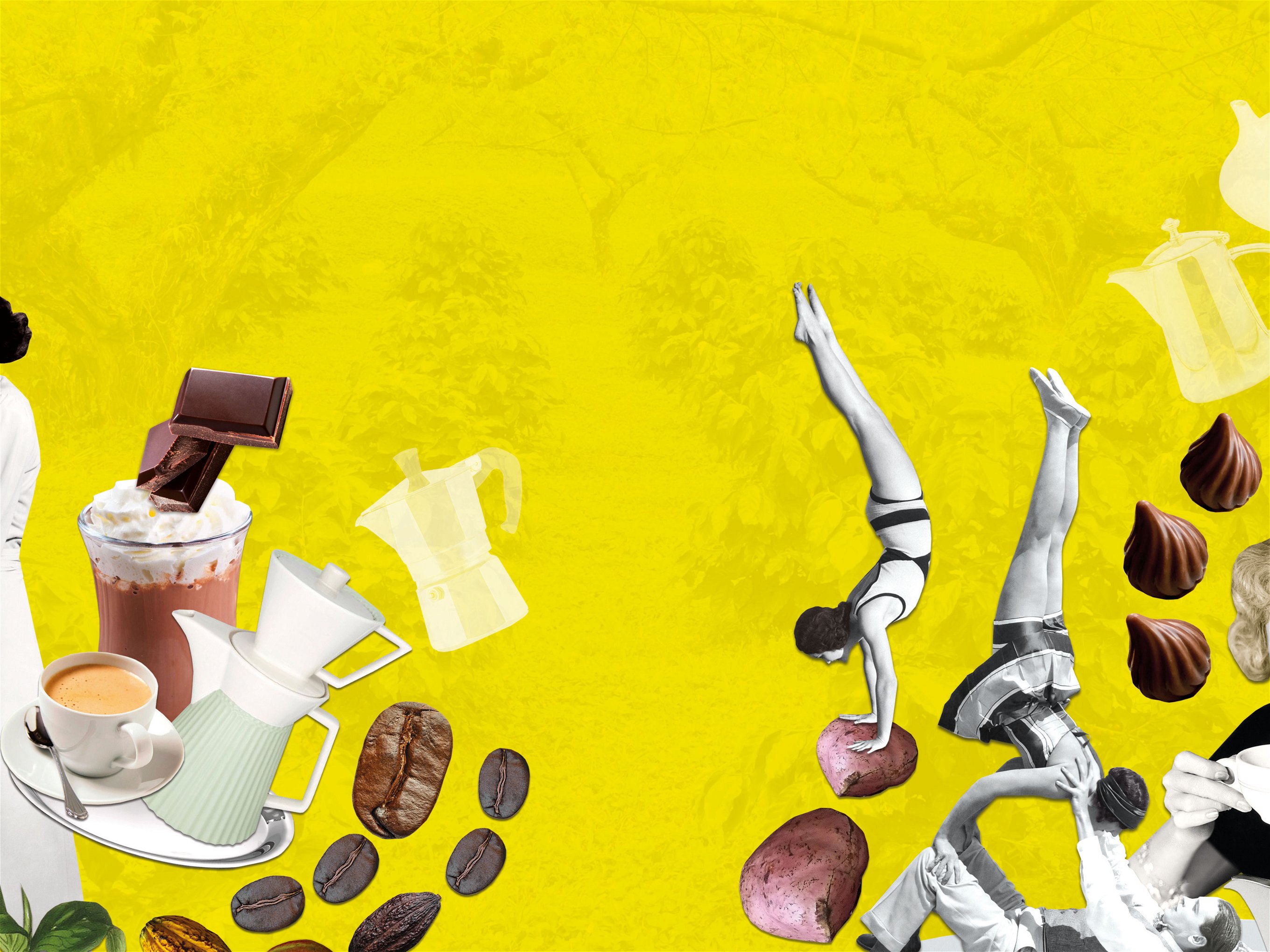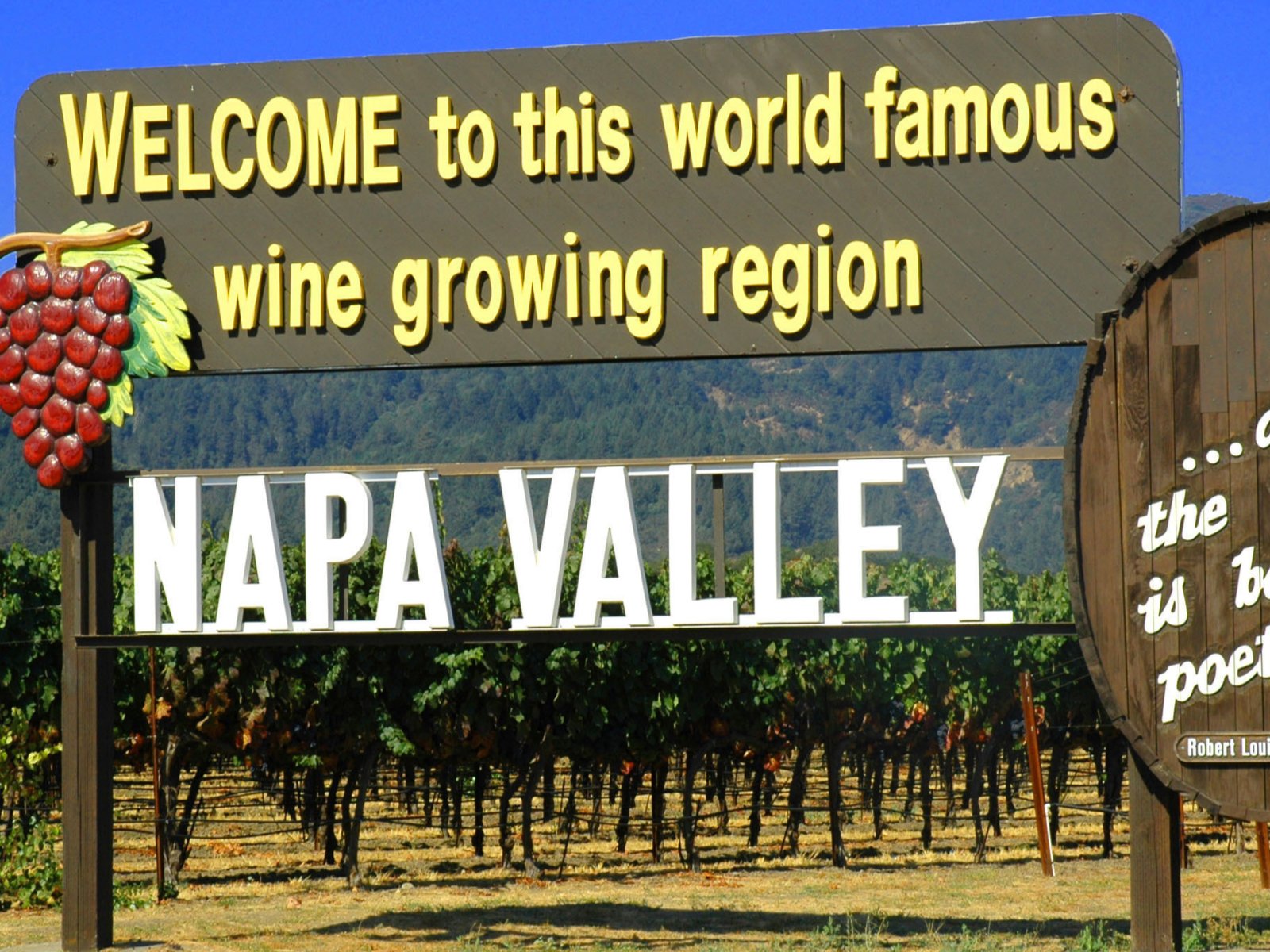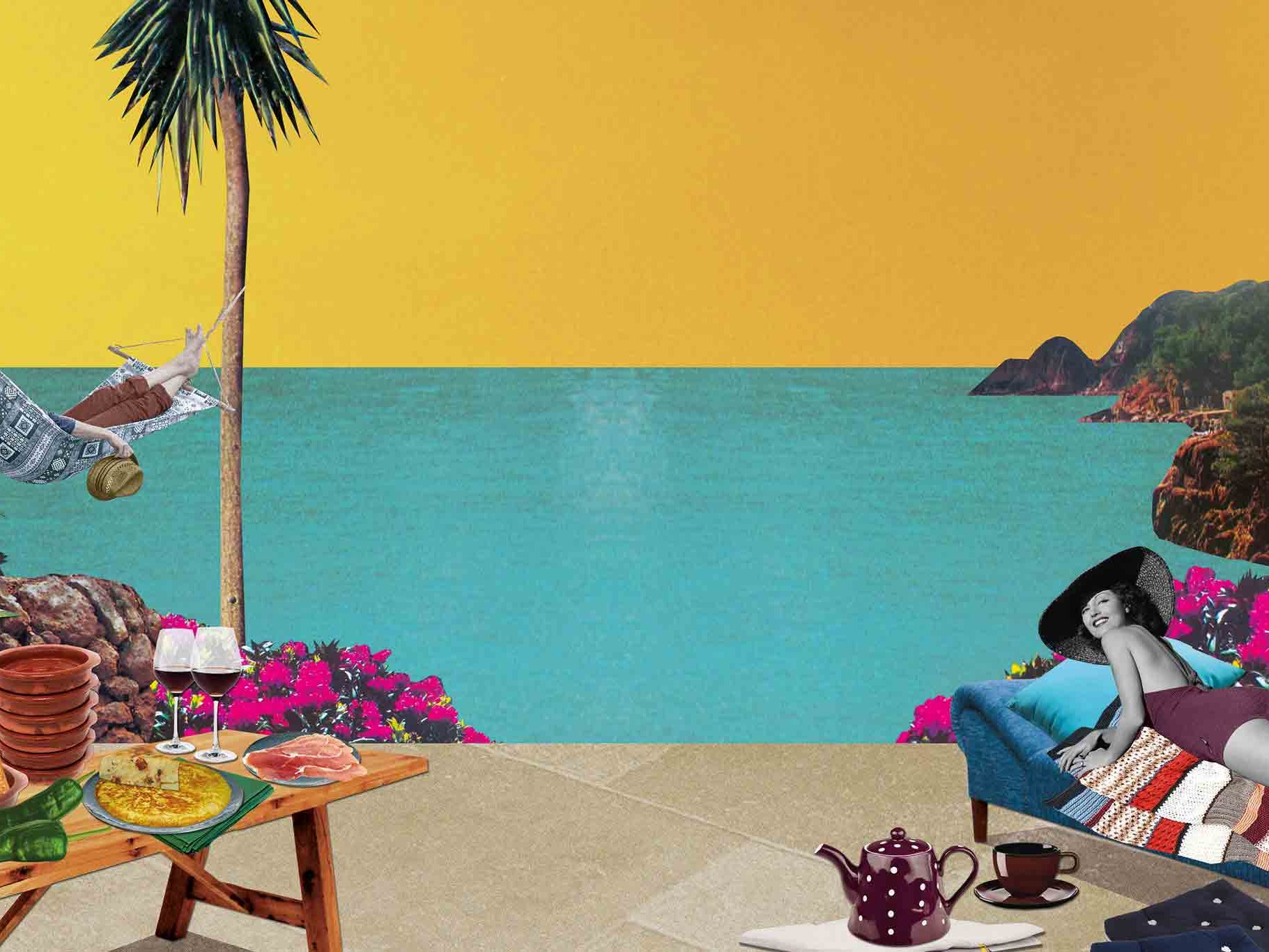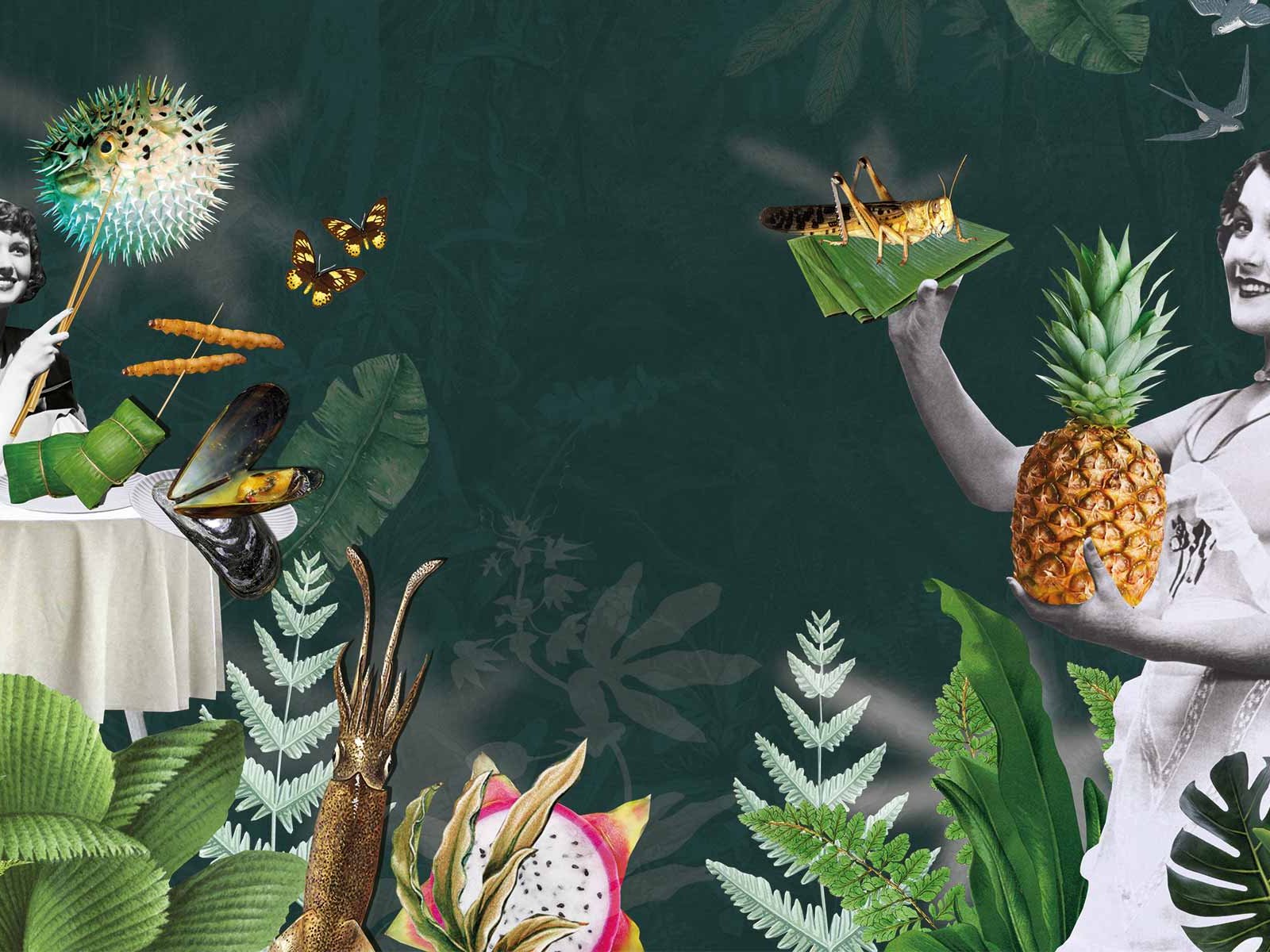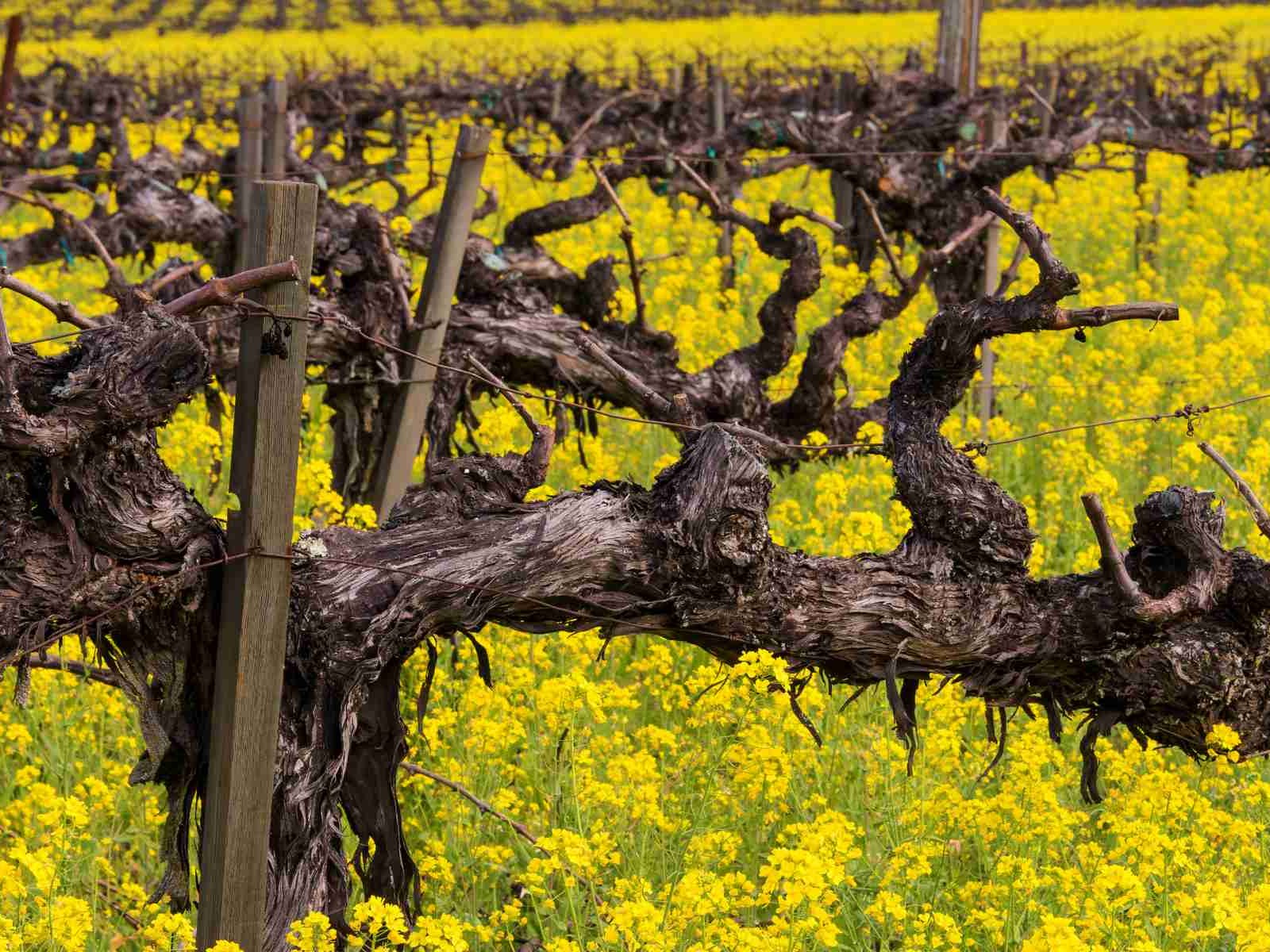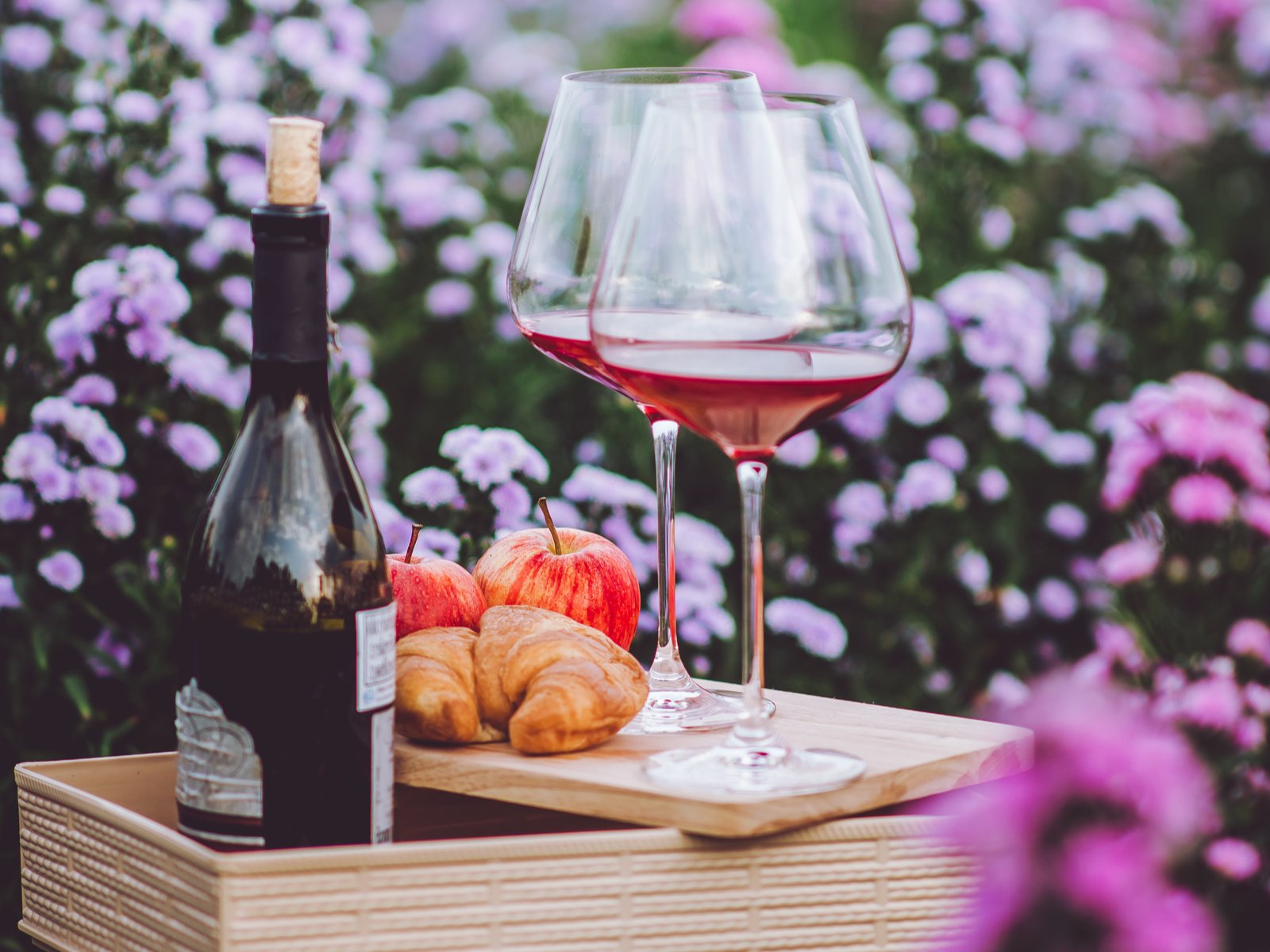What is Terroir?
This term is used with so much abandon that it has become a cliché, yet it is built on an understanding of the land. All the waffle surrounding it gets to our columnist…
There are few things Anglo-Americans distrust more than foreign words. Not words of foreign origin, you understand. English is the ultimate melting pot, with hardly a word unborrowed from somewhere else. But the problem is words that persistently, stubbornly stay foreign. Words that are, gasp, italicised. Why would an honest word not want a British or American passport? It must be because it has something to hide.
The maligned term
The world of wine, of course, has its own linguistic rogue’s gallery and there is one term that always pushes buttons. Few words can compare in notoriety with terroir. Variously defined, continuously redefined, and very much maligned, its very existence is often called into question.
Simply put, terroir is a fancy (i.e. French) way of saying place in an agricultural context. The need to separate between places comes from the very ordinary, and very real, observation that, the human factor remaining constant, some places give produce of different quality to others. There are many reasons for this, but, roughly speaking, they can be arranged into topography, geology, and climate.
You might reasonably be wondering the scale for which this division applies. Is terroir the Langhe, Barolo, Cannubi, or Rinaldi’s Cannubi? The answer is up to the level where a capable tester can identify differences between produce.
Santorini versus Salford
You might also be thinking, given no two pieces of land are identical, and small differences in microclimate abound, doesn’t everything have its own terroir? Well, every place offers a landscape, and the sun sets in all of them, but there is a reason people from all over the world gather to watch the sunset in Santorini, and not at Salford city centre. Technically, everything has a terroir, but that doesn’t mean that all terroirs are worth studying, celebrating, or even mentioning.
A sceptical reader might counter that, by this definition, the terroir changes over time. This is correct. The topography can change. The soil might erode (and be restored). Climate change is real. Places are not a constant in time and neither is terroir. Yet nature is robust, changes slowly, and adapts easily. It takes a lot for a particularly evocative place to lose its shine.
Confusing and confused
Where things start to get confusing, and confused, is when people forget that terroir applies to produce, but wine is a product. About one third in, the human factor takes over and guides the final result. L.S. Lowry found poetry in Salford, while my pics of Santorini are sadly devoid of artistry. Mondrian’s style obliterates formal elements so much, that we have to take his word that the Boogie Woogie is Broadway’s.
The human factor
And this is where the dividing line lies. Terroir is everything before the human factor comes in. If there is silliness in the discussion of terroir, it is when the definition is stretched to include “people”. I am not sure which marketer came up with this first, but I’m willing to bet they were French, and went back to the village café and had a good laugh about it afterwards.
I can see the romantic appeal for the urban drinker: the image of a far-flung land, populated by noble savages, following ancient practices, all working together like the Smurfs. There is probably some singing. Thankfully, real life wine-producing regions are every bit as full of human agency as any other. The soil couldn’t care less about the blood.
A last bit. The existence of terroir is entirely unrelated to, and blameless for, whatever someone who is trying to shift stock is telling you. It seems that hardly a day goes by before we are told how irrelevant critics are nowadays. Well, it’s fine to leave art criticism to artists and gallery owners. Just don’t be surprised if you end up with a couple of urinals in your living room.

